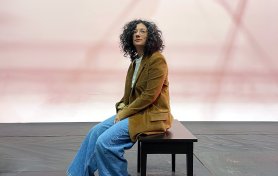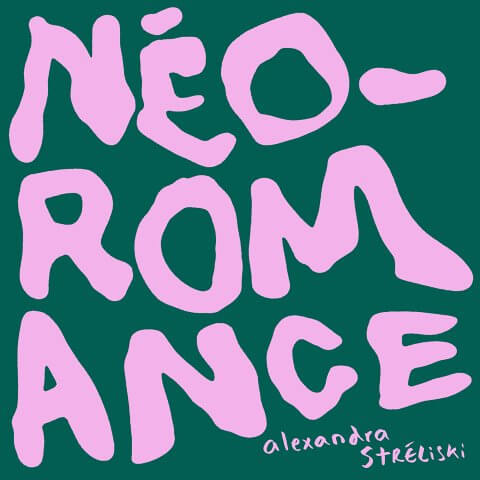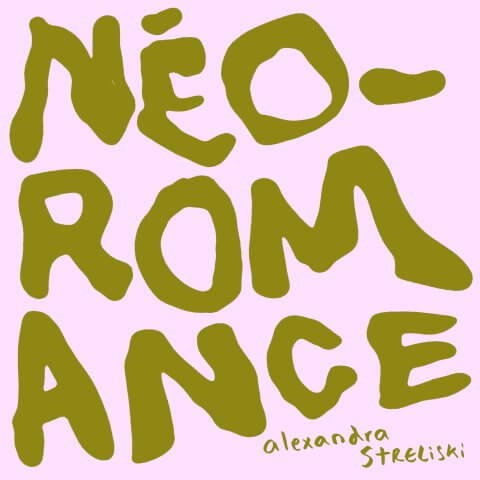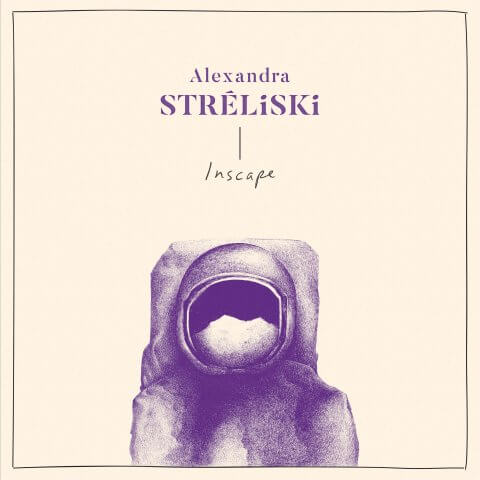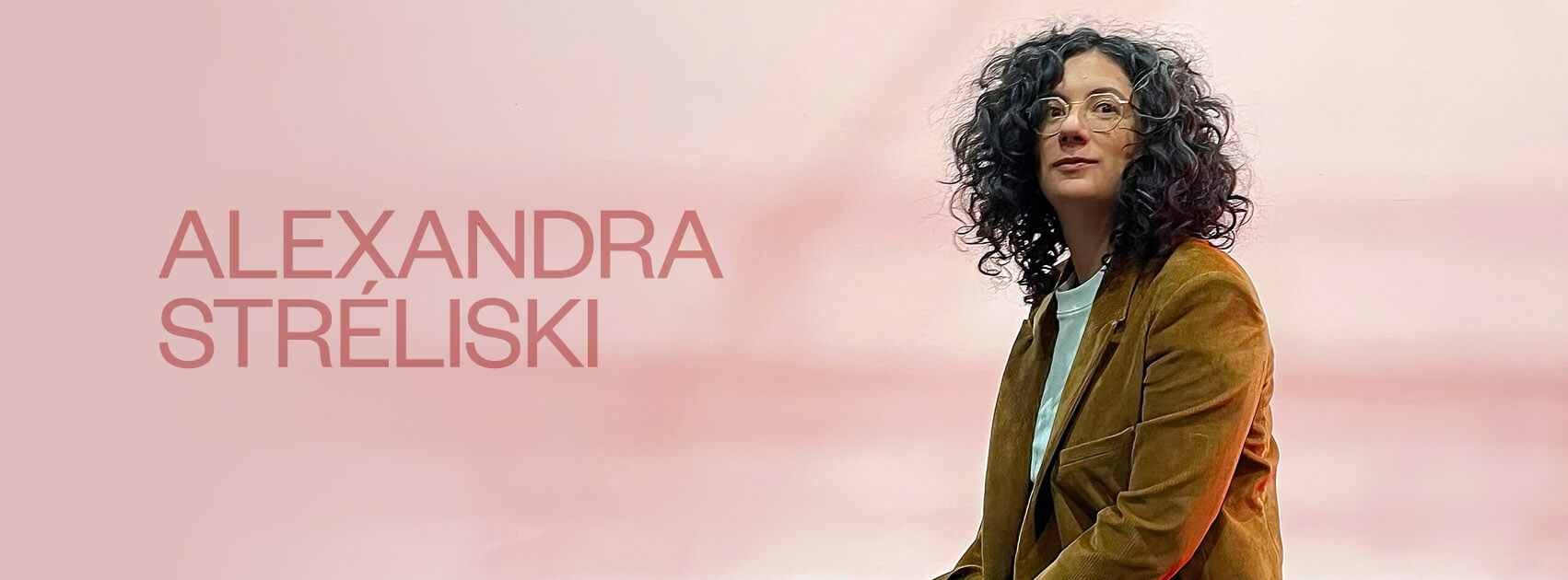
Alexandra Stréliski
Latest release
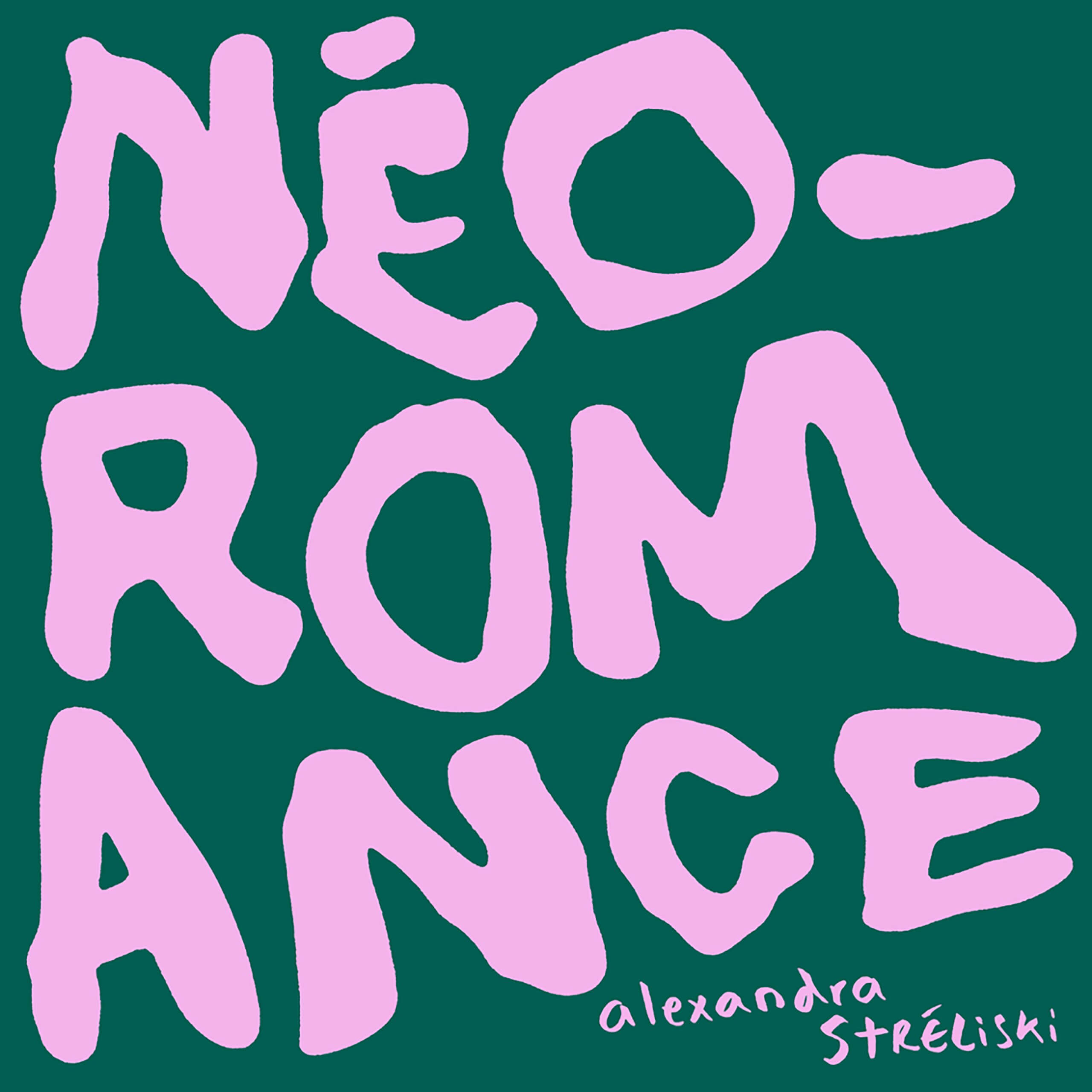
Néo-Romance (Extended Version)
There’s an all-too-rare level of emotional sincerity and honesty woven through Alexandra Stréliski’s music. Accessibility too. And these qualities are equally present in the French-Canadian pianist and composer’s live performances, as anyone attending one of the many dates supporting the recent album Néo-Romance can attest. Resistant to conventional labels of what a neo-classical pianist and composer can or should be, she prefers her music to be a sincere experience – one that is heartfelt, raw, and free from pretension.
“What I experience in the halls is people bound together, experiencing emotion collectively,” she says. “It’s very unique.” To this end, Stréliski engages with her audience directly, speaking candidly between pieces, encouraging applause, humour, and even crowd surfing. “On stage, I’m trying to balance the very deep and the light – it’s inherent to my music and my artistic standpoint,” she adds. As such, this is no mere stylistic choice; it’s a means of fostering genuine connections, urging listeners to feel both joy and sorrow in a communal setting.
Breaking down boundaries this way allows for a more interactive, more human experience: laughing, crying, clapping. “I want people to feel at ease so they can feel more,” she says. “It’s about bringing people into the music, and really connecting with them.” Far from notions of democratizing classical music or playing the quirky rebel, it’s simply how she wants to approach her art, her performances, and what she feels the best music does naturally. “I always felt I had something to say, and I want my music to reflect that. I get a lot of messages from people who tell me they’ve suffered, or had bad life experiences, and so I want my music to speak to them, to be melodic and evocative. I think that’s very beautiful.”
This year, Stréliski took that beauty to unprecedented audiences around the globe, not least by headlining the acclaimed Festival d’Été de Québec. An event that draws over 100,000 spectators, and one with more of a focus on rock and pop acts, she shared the main stage with the likes of Motley Crüe, Post Malone, and 50 Cent, even incorporating crowd-surfing into her set. In August, she performed with the prestigious Orchestre Métropolitain under the baton of Yannick Nézet-Séguin in Montreal. This collaboration allowed her to explore her growing interest in working with larger ensembles, and has inspired her to consider expanding her compositional focus to orchestral arrangements.
Alongside her enduring popularity, Stréliski also enjoyed significant critical acclaim, winning the Opus Klassik 2024 award ceremony in the “Neo-Classic” category. Such recognition, particularly from Germany – a country with a rich classical heritage – holds a special significance, validating her work within a genre where she often feels like an unconventional participant. “It’s symbolic because it’s awarded by jury – Néo-Romance really resonated with them, which I find very moving for me and my musicians.”
And throughout 2024, she’s been touring Néo-Romance around the world, a chapter which will end in early 2025 with performances across Europe in November, and in Canada in January (in her hometown of Montreal with an 18-piece ensemble). The culmination of two years on the road, these last remaining shows stand as a farewell to the album as a whole, and also the beginning of the next chapter of her musical journey. Stepping off the stage the last time will, says Stréliski, be like “turning a page” and hugely profound. “You think of the work my team and I put in, the travel, the audiences, and seeing the love in people’s faces. These are memories you keep your whole life as an artist, and they’re a beautiful, beautiful sight.”
As to what this new chapter might look like, Stréliski is open to wherever her inspiration and curiosity lead her. She’s keen to compose more for film, a pursuit that aligns with her music’s cinematic and evocative nature that lends itself well to storytelling, while writing for larger ensembles and orchestras, following that collaboration with Orchestre Métropolitain, is another area of interest. She’s coy about new musical directions – “I’ve been listening to lots of Shostakovich and Tchaikovsky,” she says, “and leaning into concertos and adagios.” – but above all, she aims to stay true to herself and her art.
“I never expect anything in terms of results – I just want to keep being inspired and keep evolving as an artist. Opportunities like headlining the Festival d’Été de Québec – that was a life-changing challenge, and an incredible experience. So many people have been moved by my music, by Néo-Romance, and have come to a show and been a part of this amazing, communal experience. That’s the realest thing you can have as a musician.”

